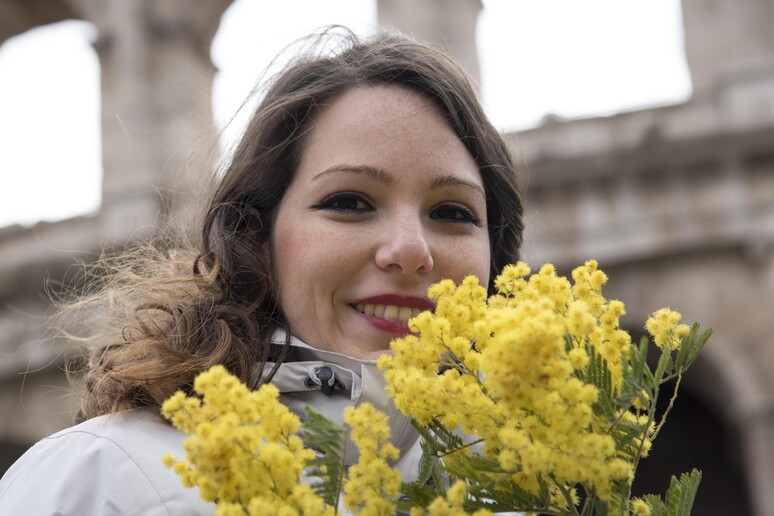Violence against women remains a
social scourge that must be fought with energy and severity,
President Sergio Mattarella said on International Women's Day on
Tuesday.
"There is no freedom while women at work are victims of
physical or moral violence or are confined to spaces of
suffering," Mattarella said.
"Violence against women remains a scourge of our society...
and must be countered will all the energy we have available and
with the severity we are capable of, without ever surrendering
to the egoism of indifference," he added.
The head of state also called on women not to "squander or
set aside" the hard-won right to vote through abstention.
CGIL labor federation chief Susanna Camusso said that while
gay families have sparked controversy and indignation, the same
cannot be said about violence against women.
"I have seen a very overheated debate on the family -
unfortunately I did not see...the same vehemence on femicide,"
Camusso said. "The dignity of labor and the unity of rights is
surely a strategy to combat inequality," she said.
Camusso also highlighted many remaining "prejudices"
against women and called for a review of social policies to make
it easier to combine motherhood with a career.
"Women have to be tightrope walkers," Camusso said.
Italy marked International Women's Day with a series of
events highlighting the contribution made by women to society.
In the Sardinian town of Oristano, Police Commissioner
Francesco Di Ruberto dedicated a lecture theatre at police
headquarters to Emanuela Loi, the first woman police officer to
be killed in the course of duty.
She lost her life aged 23 in the 1992 assassination of
anti-Mafia prosecutor Paolo Borsellino, in which four other
members of his security detail were also killed.
In Florence, Mayor Dario Nardella announced that seven
rooms in a city cultural centre are to be named after seven
women born or who lived in the Tuscan regional capital who have
made a particular contribution in the fields of science, culture
and the arts.
The rooms in the ex Murate prison are to honour medic
Ernestina Paper, the first woman to graduate in post-Unification
Italy, astrophysicist Margherita Hack, actress Wanda Pasquini,
artist Elisabeth Chaplin, artist Gaetana (Ketty) La Rocca,
children's author Laura Orvieto and writer Anna Banti.
Milan marked women's day by celebrating the 40th
anniversary of the entry of the first woman, Tina Guarneri, into
the municipal police force in 1976.
The Turin city council launched a charter against gender
discrimination through sexist language.
"Gender equality is a strategic axis for building a society
based on rights and equality," Mayor Pietro Fassino said.
In a message posted to his Twitter account, Senate Speaker
Pietro Grasso recalled the "road travelled and still to travel"
since Italian women were first able to vote 70 years ago in
March 1946.
Education Minister Stefania Giannini said a "big effort"
was needed to bridge the gender gap, particularly with respect
to study in scientific fields.
"Often it is not for a lack of vocation or talent, but due
to a certain shyness with respect to certain fields of
knowledge. Girls account for 80% of arts students and 35% of
science students: this means there is a gap that still needs to
be bridged," Giannini said.
ALL RIGHTS RESERVED © Copyright ANSA











